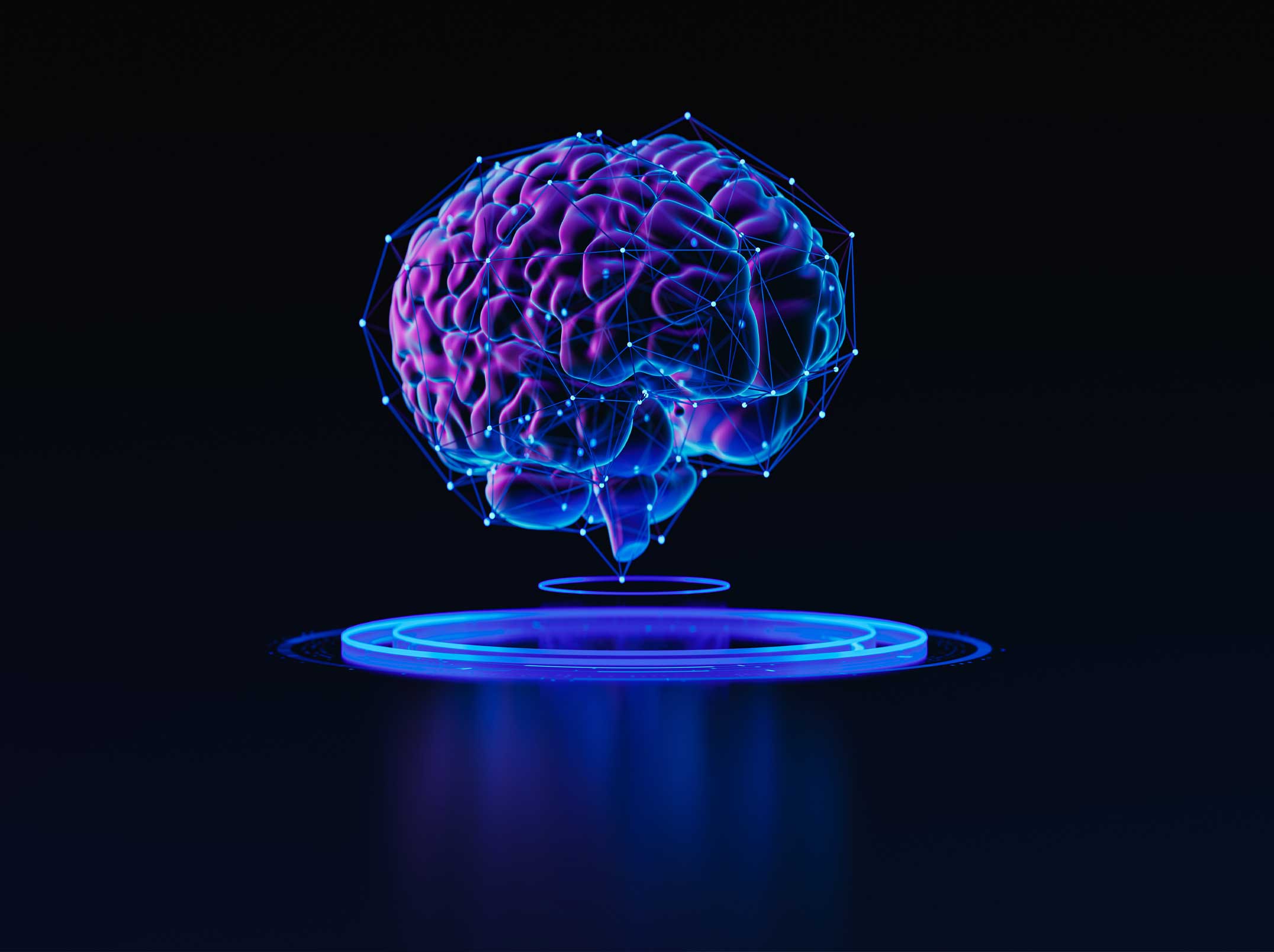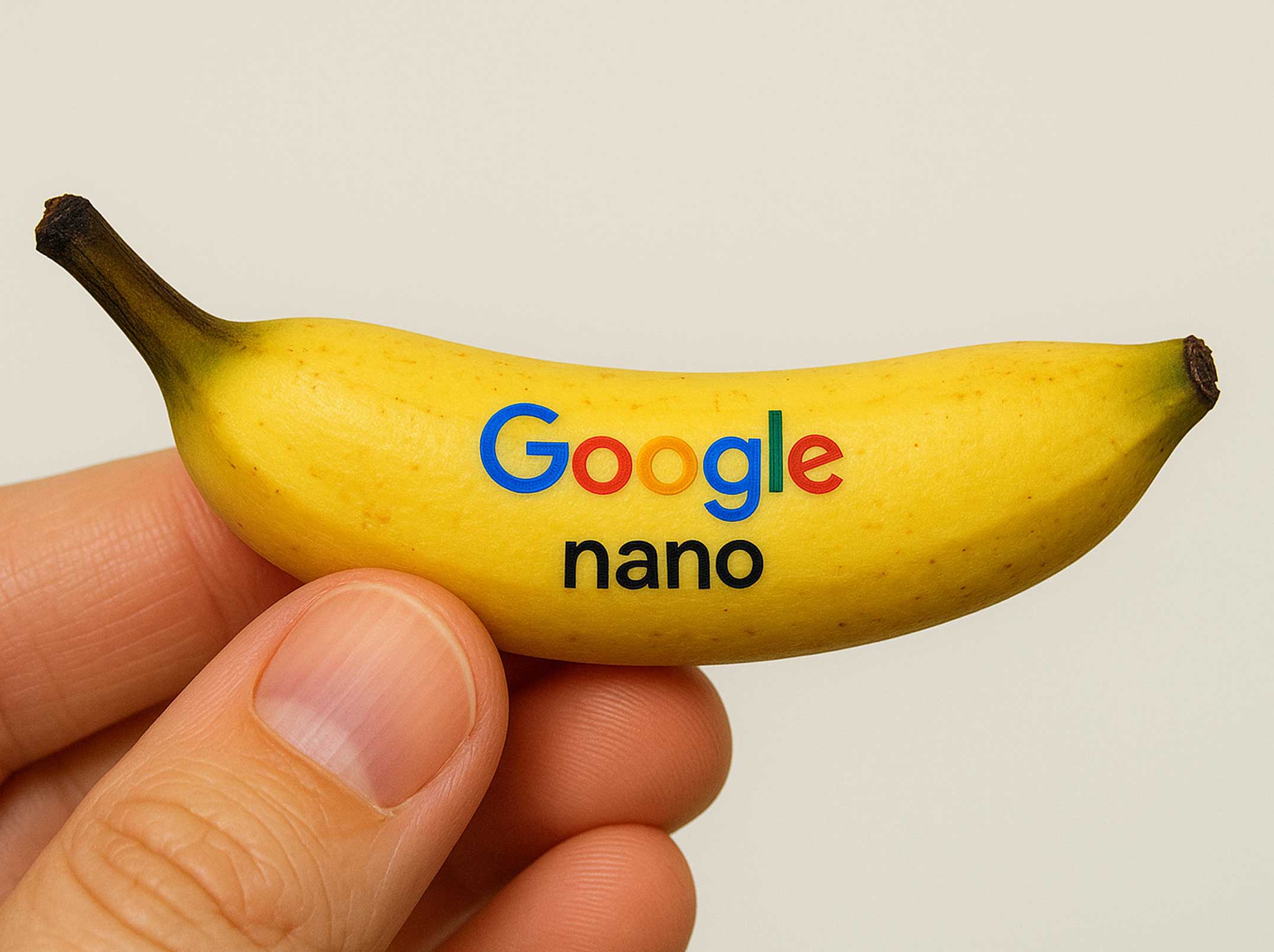Google Appoints New VP to Strengthen Commerce & AI Integration
Google names Vidhya Srinivasan as VP of Ads & Commerce, driving AI integration.

The landscape of digital commerce and advertising is in constant flux, driven by evolving consumer behaviors and rapid technological advancements. Against this backdrop, Google has signaled a strategic intent to unify its powerful advertising capabilities with its burgeoning commerce platforms. This alignment is underscored by the recent appointment of Vidhya Srinivasan as Vice President of Ads and Commerce.
Srinivasan, a seasoned leader within Google's advertising division, will now additionally oversee the company's critical shopping and payments products. Her continued reporting to Nick Fox, Senior Vice President of Knowledge and Information, emphasizes a cohesive vision for how Google's vast data and AI-driven insights can create more seamless and effective experiences for both consumers and businesses. This move is a clear indication of Google's commitment to building an integrated ecosystem where advertising naturally facilitates discovery and direct commerce, leveraging AI to bridge the gap between user intent and conversion.
Leadership Transition Reflects AI-Centric Priorities
The integration of artificial intelligence into core business functions is no longer a futuristic concept but a present-day imperative. For Google, AI is central to its strategic vision for commerce, fundamentally transforming how users discover, evaluate, and purchase products. Vidhya Srinivasan's expanded role as VP of Ads and Commerce explicitly underlines this commitment.
Google's ambition is to cultivate a shopping and payments ecosystem that is not just efficient but genuinely intuitive and hyper-personalized through AI. This involves a multi-pronged approach, including
- Personalized Discovery: Leveraging its vast "Shopping Graph" of over 50 billion product listings, Google's AI-powered "AI Mode" in Search offers highly visual and personalized product recommendations. Users can receive tailored suggestions based on their tastes, refining searches with complex criteria, making product discovery more akin to a guided, intelligent browsing experience.
- Enhanced Decision-Making: AI is being deployed to address common consumer pain points, such as visualizing how clothes fit (virtual try-on with user-uploaded photos) and ensuring optimal pricing. The "track price" feature, coupled with "agentic checkout," allows users to set price alerts and even authorize AI to complete purchases on their behalf when desired conditions are met.
- Streamlined Transactions: Streamlined Transactions: The focus extends to payments, aiming for frictionless and secure transactions powered by AI. This holistic approach aligns with broader industry trends where AI agents are increasingly revolutionizing marketing and customer experience.
This leadership change is a significant stride in Google's overarching mission: to redefine commerce by offering smarter, data-driven solutions that seamlessly connect users with the products and services they need, ultimately making the online shopping experience more convenient, relevant, and engaging.
AI Powers Google's Shopping Experience
At the heart of Google's ambition to redefine digital commerce lies artificial intelligence, a force transforming every facet of how consumers discover and engage with products. Central to this AI-driven evolution is Google's Shopping Graph, a colossal and dynamic dataset. Far more than a mere inventory, it encompasses over 50 billion product listings, constantly updated with real-time information on prices, reviews, availability, and merchant details.
This unparalleled resource empowers Google's AI to move beyond simple search results, facilitating deeply personalized product discovery. Users benefit from tailored recommendations, intelligent filtering, and contextual insights that align precisely with their unique preferences and shopping behaviors. This sophisticated application of AI within Google's commerce strategy mirrors the broader shift across industries towards intelligent automation and predictive analytics, where data-rich environments enable more relevant and efficient consumer journeys.
Impact on Advertisers and Retailers
The integration of commerce and advertising presents significant opportunities for advertisers and retailers. Businesses now have access to more precise targeting capabilities, enabling them to reach consumers based on real-time insights. This shift not only improves engagement but also drives conversions by aligning campaigns with specific consumer needs.
However, it's important to note that AI-driven advertising strategies have also led to increased competition, resulting in higher cost-per-click (CPC) rates. For businesses, understanding these tools and incorporating them into their strategies is essential for staying competitive.
Actionable Insights for Businesses
To thrive in this dynamic and AI-infused landscape, businesses must strategically refine their approach to digital commerce and advertising:
- Adopt AI-Powered Advertising Solutions: The strategic adoption of AI within marketing isn't merely about automation; it's about unlocking unparalleled precision. Businesses must leverage advanced AI-driven advertising platforms to move beyond basic targeting, enabling granular audience segmentation based on predictive analytics and real-time behavioral insights. This capability allows for dynamic campaign optimization, intelligent bidding strategies, and a significant uplift in engagement rates, ultimately leading to a more efficient allocation of marketing spend and a stronger return on investment.
- Optimize Your Digital Shelf Presence: In a commerce landscape increasingly defined by discoverability, ensuring your products are prominently displayed across Google's extensive ecosystem is non-negotiable. Beyond simply listing products, businesses should focus on optimizing their Google Merchant Center feeds for rich data and engaging visuals. This comprehensive approach ensures maximum visibility across Google Shopping, Search, Images, and even YouTube, transforming casual browsers into engaged customers by making your offerings discoverable at every point of intent.
- Cultivate Seamless Customer Journeys: The modern consumer demands more than just product availability; they expect a frictionless and personalized experience. By harnessing data-driven insights and AI-powered personalization, businesses can craft intuitive shopping experiences from initial discovery to final purchase. Implementing personalized recommendations, streamlined checkout processes, and responsive post-purchase support fosters loyalty, enhances customer lifetime value, and differentiates brands in a crowded marketplace.
- Prioritize Continuous Market Intelligence: The pace of innovation in Google's advertising and commerce ecosystem is relentless. To maintain a competitive edge, businesses must cultivate a culture of continuous learning and strategic agility. This involves diligently tracking updates to Google's algorithms, understanding emerging AI capabilities, adapting to privacy shifts, and analyzing competitive landscapes. Proactive adaptation to these evolving trends ensures sustained market relevance and the ability to capitalize on new growth opportunities.
Preparing for the Future of Digital Commerce
Google's escalating focus on commerce and AI-driven solutions marks a significant shift in digital marketing. To succeed in this evolving landscape, businesses must proactively adopt innovative tools and commit to consumer-centric strategies. Embracing Google's sophisticated AI across its advertising and shopping ecosystems offers a crucial competitive edge, enabling personalized user experiences, precise campaign optimization, and agile market adaptation. Ultimately, companies that align their digital marketing efforts with Google's AI-first vision will be better positioned to connect with modern consumers and drive sustainable growth.
Subscribe to our newsletter
Stay informed with the latest marketing trends, expert insights, and exclusive updates delivered monthly.




